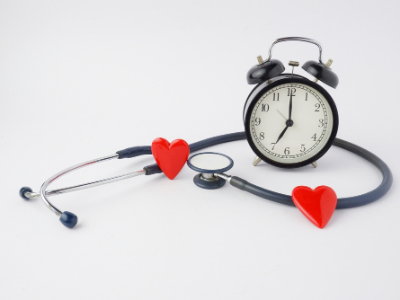
People genetically predisposed to have high LDL cholesterol are at an increased risk for coronary heart disease even if their cholesterol levels are modestly elevated, as per the recent study published in Circulation.
Familial hypercholesterolemia, a genetic disorder causes elevated LDL (sometimes called "bad") cholesterol from birth and often leads to coronary heart disease at a young age.
Familial hypercholesterolemia affects around 1 in 250 people in the U.S., as per the Centers for Disease Control and Prevention.
In the study, the study group analyzed data from more than 21,000 participants with no existing coronary heart disease who underwent whole genome sequencing as part of six previously conducted population-based cardiovascular studies. Investigators noted any variations in genes typically associated with familial hypercholesterolemia, as well as each person's LDL cholesterol levels and other risk factors, including smoking status and BMI.
After following up with the participants for about 20 years later, the study group found that people with high LDL cholesterol and the associated familial hypercholesterolemia genetic variants were nearly four times more likely to have coronary heart disease than those without the variants, according to the study.
Additionally, the presence of familial hypercholesterolemia genetic variations was associated with a higher risk of coronary heart disease, even when LDL cholesterol levels were only modestly elevated.
Pooling together genetic and cholesterol data, and then outcomes data from these six population-based studies, high cholesterol is worse than low cholesterol, but high cholesterol that's related to one of these single-gene disorders is particularly risky and even riskier than the polygenic variety.
"These findings will beg the question, 'Does this mean we need to do genetic testing in everybody who has high cholesterol levels?' I think it suggests that we might want to do more of it, and particularly in familial settings," the author said.
"If we identify one person, we want to do what we call cascade screening: Find other people in the family who might be affected by this so that we understand all of the risk in the family. But in general, the tools and the steps that we'll take to control that cholesterol will be the same regardless of whether I know they have an underlying single gene defect or not."